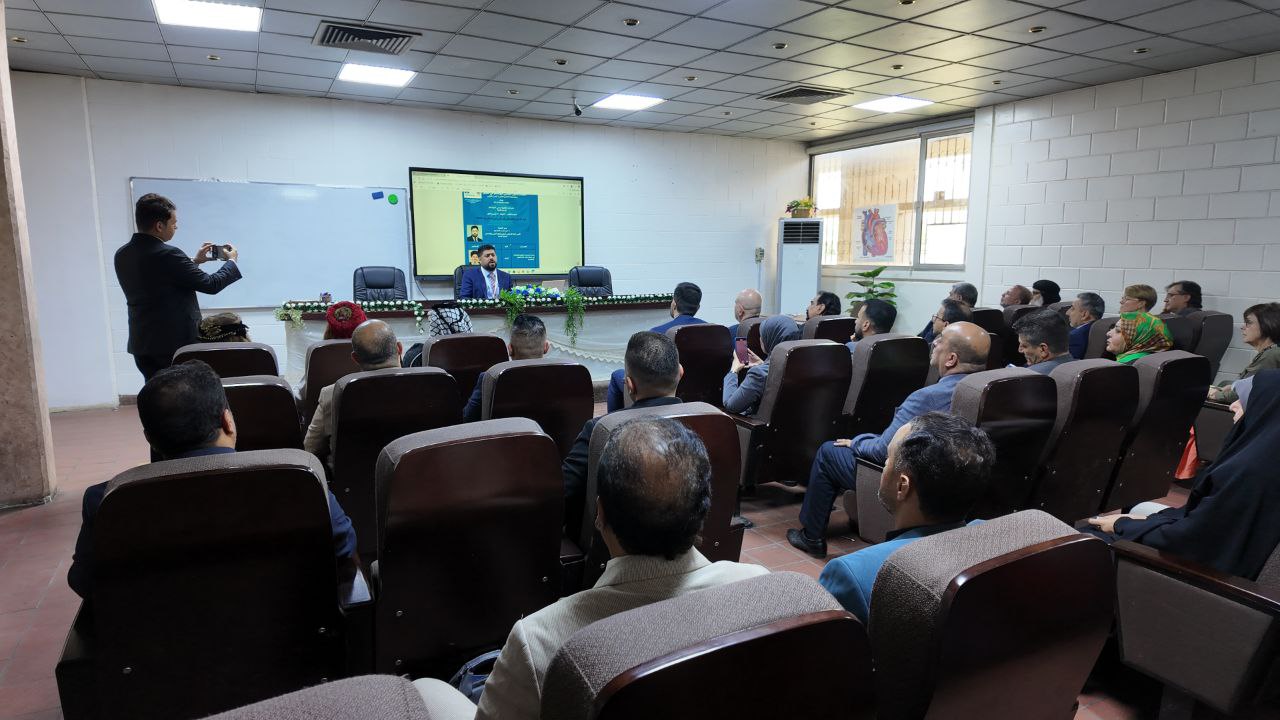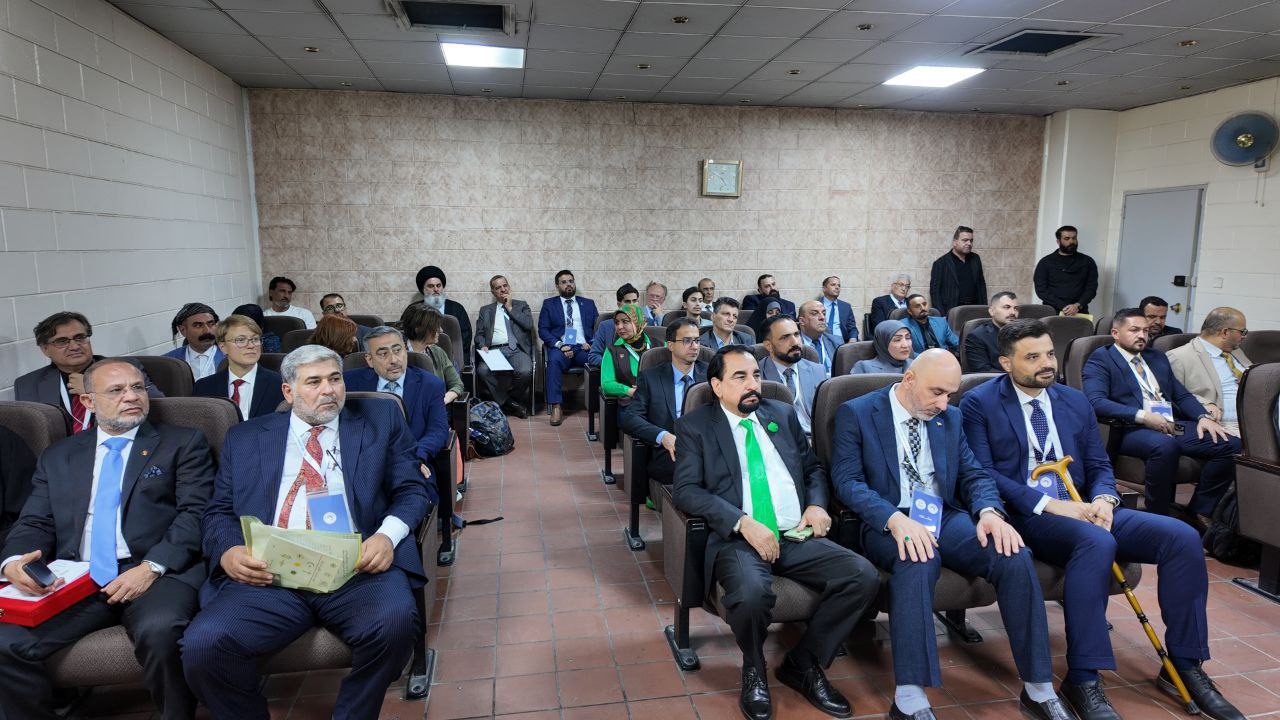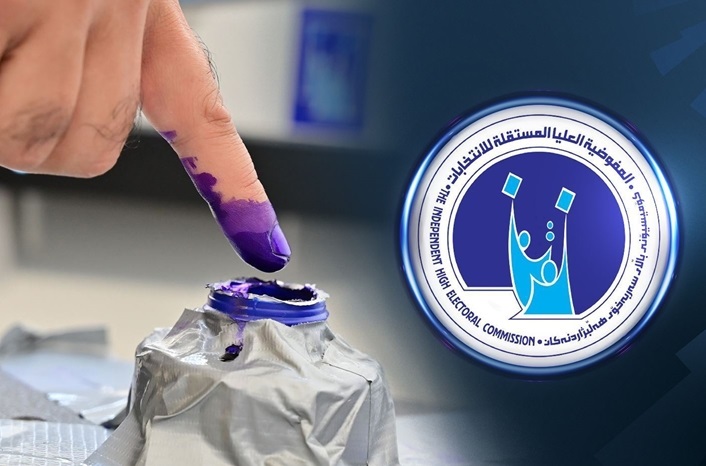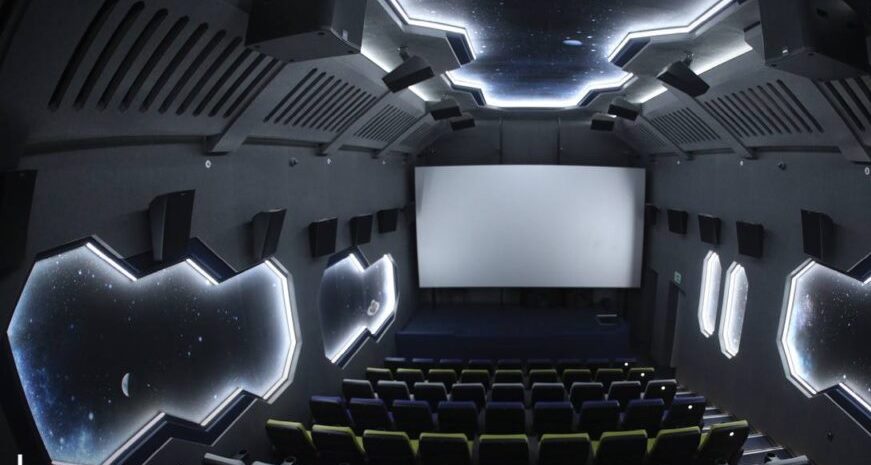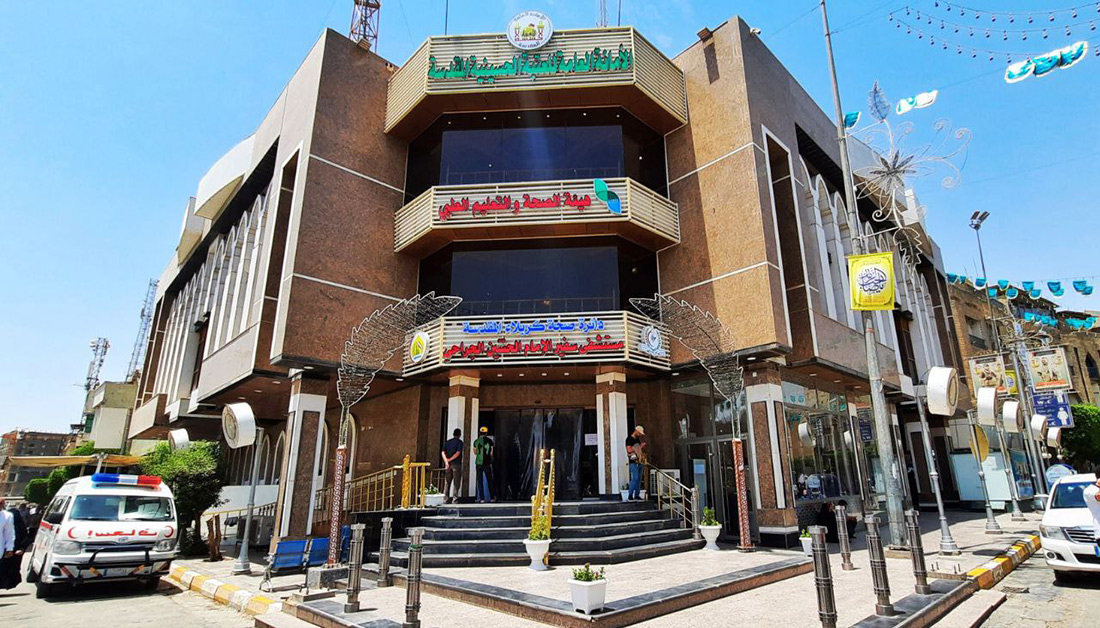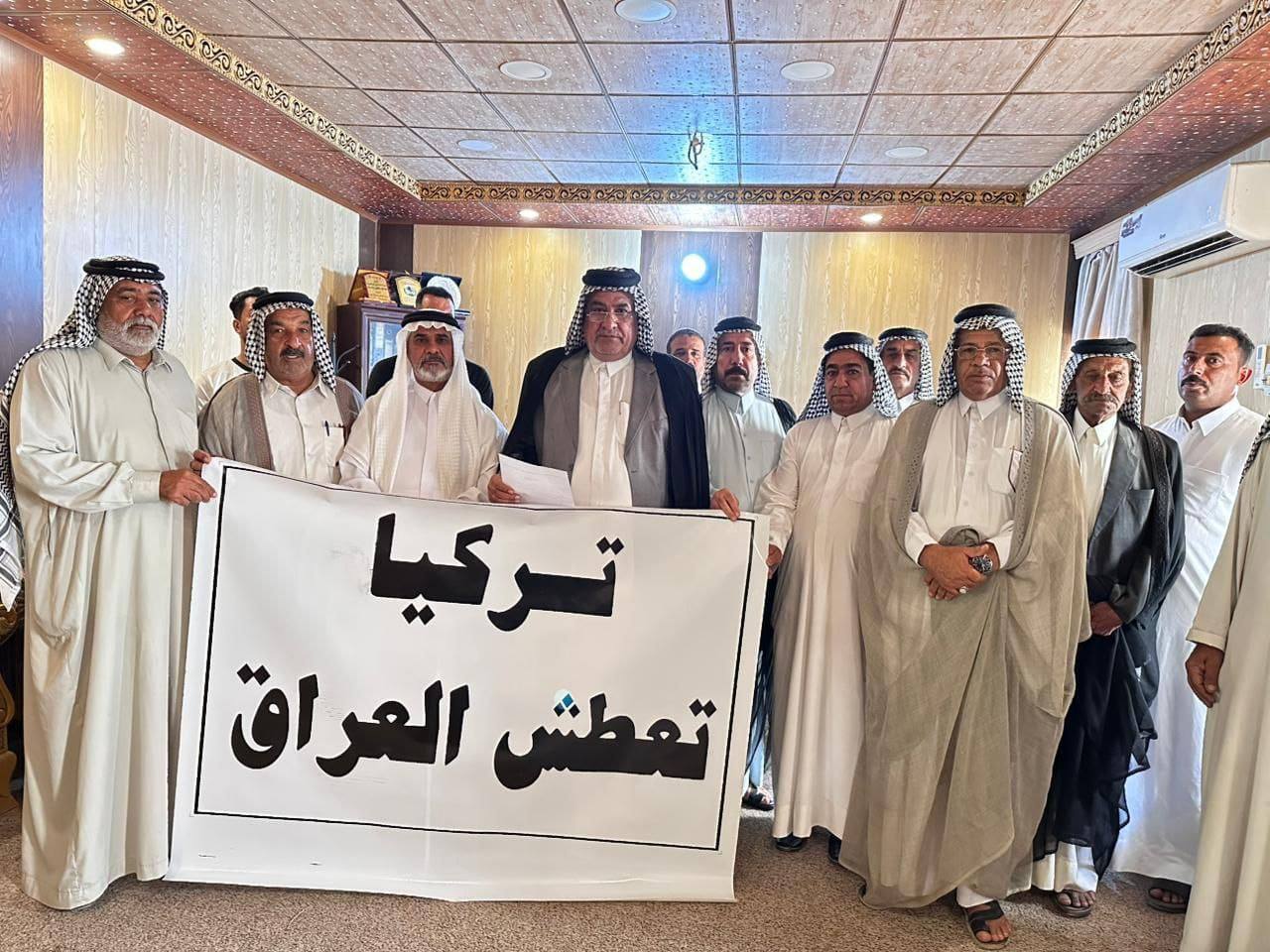Iraq hosts International Conference of UNESCO Chairs: Promoting Peace, Preventing Genocide, and Advancing Interfaith Dialogue
The International Conference of UNESCO Chairs in Iraq was held yesterday at the University of Baghdad, bringing together academic and diplomatic figures from Iraq and abroad. Organized under the patronage of the Iraqi Ministry of Higher Education and Scientific Research, the event was held under the theme: “Towards Building a Culture of Peace, Preventing Genocide, and Promoting Interfaith Dialogue.”
The conference welcomed the participation of UNESCO Chair holders from Iraqi universities, international scholars, and researchers from countries including the United States, Canada, the United Kingdom, Ireland, France, Spain, and Brazil. The gathering aimed to foster global academic cooperation and address pressing humanitarian and educational issues.
Dr. Salah Al-Jaberi, Director of the UNESCO Chair at the University of Baghdad, highlighted the conference's central themes: genocide prevention, interfaith dialogue, peace building, and health education. He emphasized that these interconnected issues reflect Iraq's commitment to the values of pluralism, human rights, and a more conscious, humane society.
Dr. Al-Jaberi stressed the importance of opening the field of genocide studies in Iraq through the framework of UNESCO Chairs. He described this as both an academic and humanitarian initiative intended to explore the roots of genocide, address its consequences, and prevent its recurrence—especially in the sensitive historical and political contexts of the Islamic world. The conference also addressed the need to reform educational curricula to incorporate peace and health education as essential components of sustainable development and peaceful coexistence.
“This conference reaffirms the pivotal role of UNESCO Chairs in Iraqi universities in linking academic research to contemporary issues and enhancing Iraq's presence in international academic forums,” Dr. Al-Jaberi said. He expressed hope that the outcomes of the conference would strengthen support for these academic chairs and help them fulfill their objectives within a realistic and impactful timeframe.
Also speaking at the event, Dr. Alaa Shatnan, Director of the UNESCO Chair at the University of Kufa, stated that the forum aimed to unite international, Arab, and local experts to develop research-based strategies to combat violent extremism. He noted that special sessions were held for each UNESCO Chair, focusing on how to strengthen ties between Iraqi institutions and their global counterparts.
Dr. Shatnan emphasized that the conference also served as a platform for knowledge exchange, allowing international guests to gain firsthand insights into Iraq’s academic, social, political, and cultural landscape. “This dialogue helps build mutual understanding and fosters global cooperation through academic diplomacy,” he added.
Among the international participants was Amru Khairy Abdullah from Egypt, who shared his experience working on violent extremism during his tenure as a public prosecutor. Reflecting on his work with the individuals responsible for the assassination of President Anwar Sadat in 1981, he expressed hope that conferences like this could contribute to finding radical and lasting solutions to extremist ideologies. “It is an honor to be here in my second country, Iraq, working together to prevent future violence,” he said.
Dr. Hassanein Jaber Al-Helu, Director of the Center for Studies and Research at the University of Kufa, stressed the importance of using academic platforms to encourage interfaith understanding and societal unity. He called for bridging gaps between diverse communities by promoting mutual knowledge of customs, thought, and culture. “This cultural and intellectual engagement must begin in academia and reach the broader society,” he said, highlighting the role of UNESCO Chairs in shaping a cohesive and tolerant Iraqi society.
The conference concluded with a renewed commitment to leveraging the UNESCO Chair network in Iraq as a platform for dialogue, academic cooperation, and peace building, while affirming Iraq’s determination to remain engaged in the global conversation on combating violence, extremism, and hate.
Emad Bao
